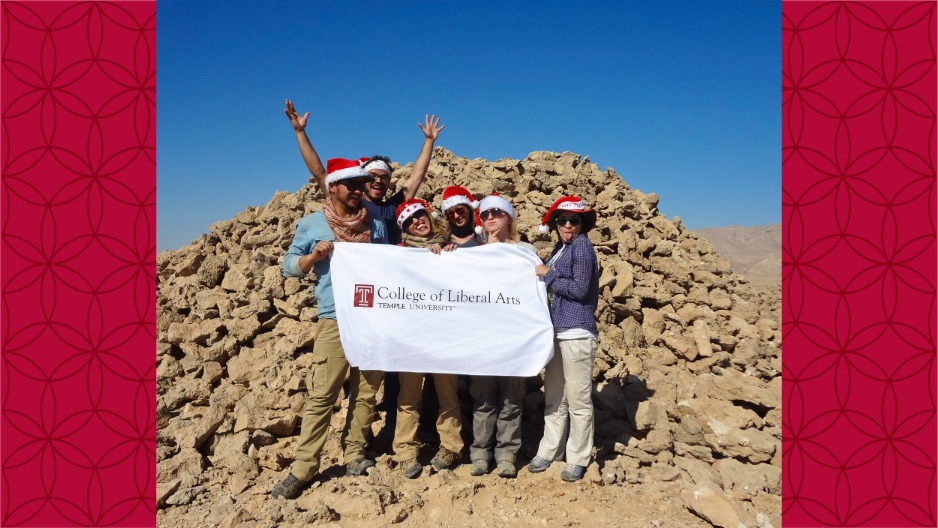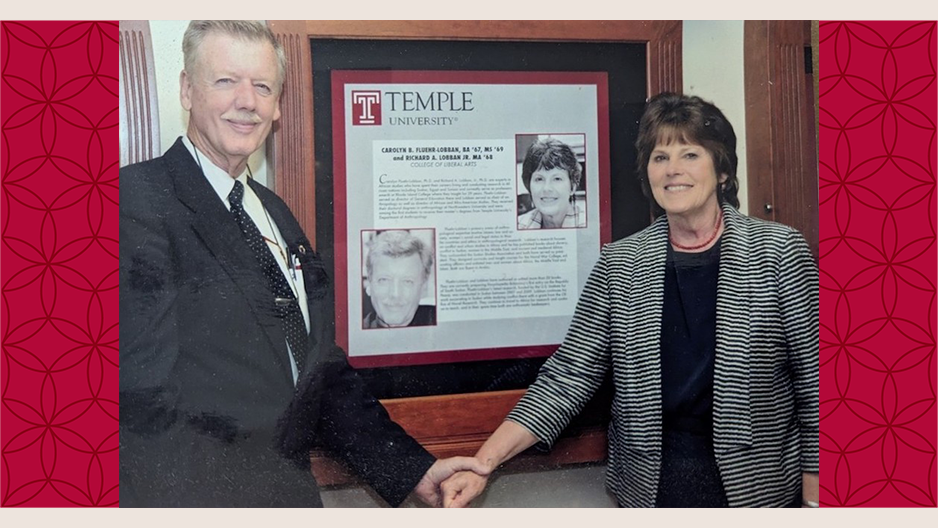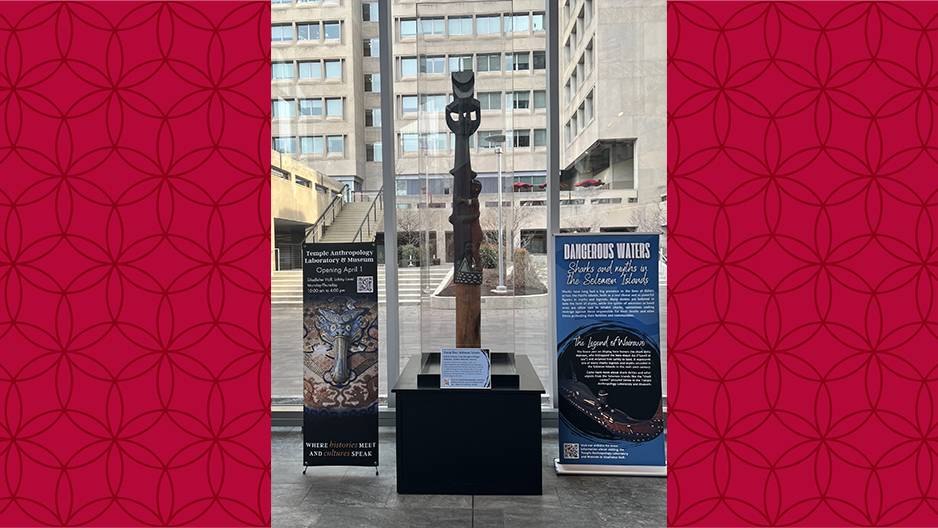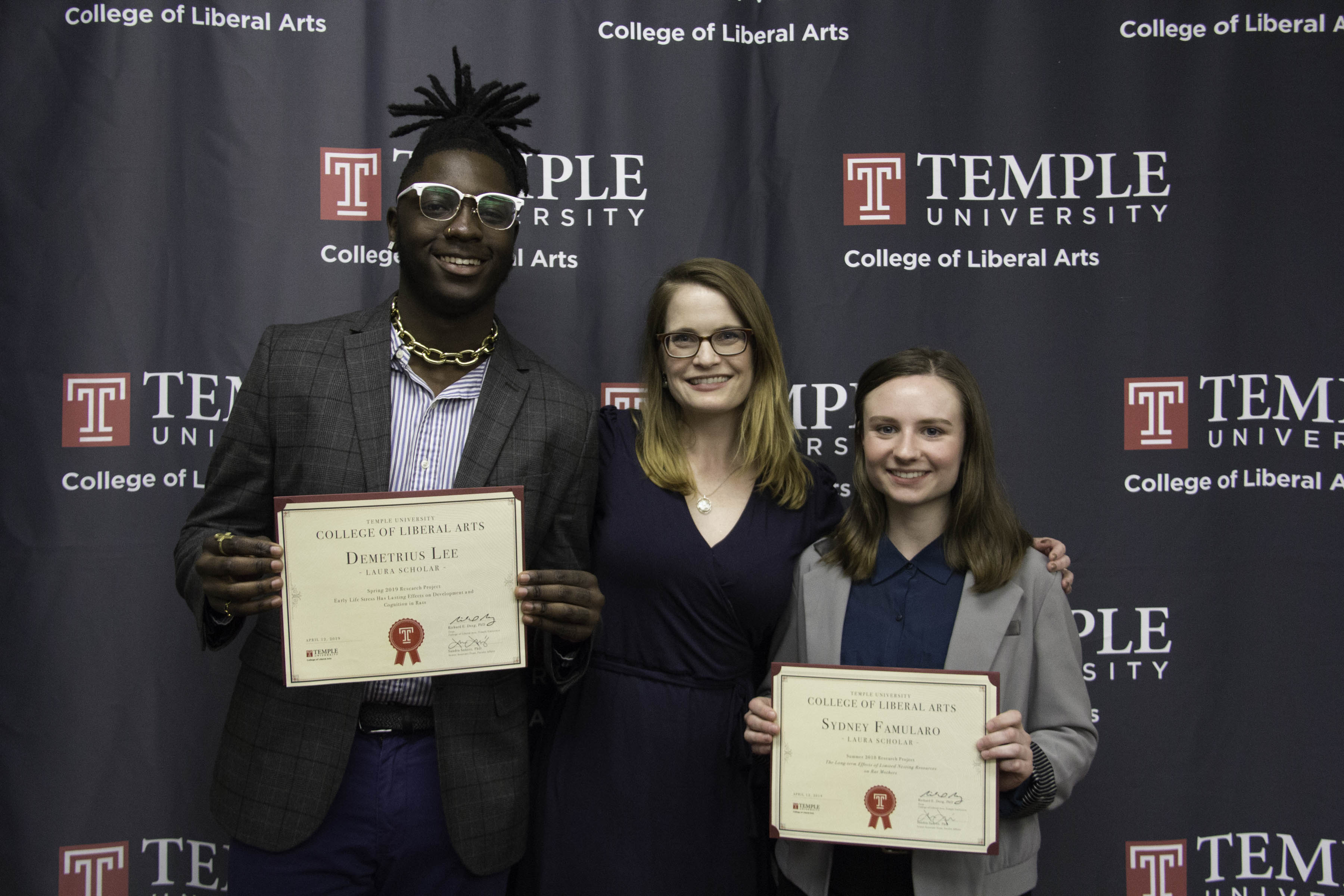Temple University Dept. of Anthropology Statement on Anti-racism
We in the Department of Anthropology must first acknowledge our departmental silence amidst the mobilization and unrest in defense of Black life and dignity. While we may individually be engaged in these movements and struggles, our official collective silence indicates how much work we have to do in dismantling white supremacy and moral inertia as it entangles our own institutional culture. Especially in higher education, complicit in broader structures of racism and institutionalized inequity, we cannot remain silent. We are resolved to break cycles of inaction and harm that for too long have subsisted, or thrived, in complacency, and to support not only our own students, but especially our BIPOC students and colleagues.
Anthropologists since Franz Boas and Zora Neale Hurston have worked to debunk biologically essentialist constructions of race and the injustices such constructions authorize. We not only reject the biological determinism of racial categories, we insist that as a socially constructed and maintained set of ideologies and practices, race is deadly real; indeed it is only an abstract concept until it results in the murder of George Floyd, Eric Garner, Breonna Taylor, Tony McDade, Dominique “Remmie” Fells, Sandra Bland, Michael Brown, Walter Wallace Jr. and so many, many others. In its many guises, we cannot claim ignorance of how racism continues to pervade scientific and social scientific research and how this research can be weaponized to perpetuate racist practices and attitudes. As anthropologists, we have studied human history and biology too well to ignore the ongoing influence of eugenics and white supremacy. While anthropologists across the four subfields have studied the impacts of racism on our social and biological processes, we are always already implicated in broader social contexts, saturated with hundreds of years of racist and racializing “common sense,” so that in multiple ways and to multiple degrees, race and racism are deeply anthropological. Beyond this, we as anthropologists must be clear in the fact that Black Lives Matter, regardless of the political pressures of the day.
In June the Association of Black Anthropologists issued a statement which included the following call to action and reflection (emphasis added).
We urge our non-Black anthropology colleagues, especially our white colleagues who tend to reproduce the toxic effects of whiteness in anthropology departments [...] to move beyond the soul searching, despondency and white guilt that this moment (and similar other moments) has engendered. Instead, we want members of the discipline to start at “home,” to accept the ways that anthropology has been and continues to be implicated in the project of white supremacy (both in its implicit and explicit manifestations) and to lay out a clear path for moving forward. We want members of the discipline of anthropology to see the ways that white supremacy is manifest in their curricula; syllabi; graduate student recruitment; and mentoring, hiring and promotion practices. We want them to see and correct their refusal or inability to teach race, racism, the pathology of whiteness and the banality of white supremacy; their marginalization of Black scholars and their scholarship. We also challenge them to evaluate their commitment to being, paraphrasing the words of Black anthropologist, William S. Willis, “a discipline of the subjugated races.” This call to recognition and action is only the first step in the discipline’s long journey towards decolonization.
In solidarity with and amplification of this statement, we commit to no longer enabling white supremacy through our inaction or tolerance for racist policies, research, pedagogy or culture. In June, we made a commitment to our graduate students and ourselves to form a Decolonization and Diversity committee, an anti-racist reading group, and to hold teach-ins and syllabus review. These initiatives are offered in the spirit of collective learning and transformation, with full awareness that, “The revolution will not be diversity and inclusion trainings.” We take utmost responsibility for addressing gaps in our own and our colleagues’ knowledge and training, from listening and learning from our BIPOC colleagues and students, to decolonizing our methods, to integrating anti-racist pedagogy in our classrooms, and creating mechanisms for accountability and support as we undertake this essential homework.
We reveal our own institutional and racial privilege when we view anti-racist education as somehow auxiliary, rather than essential to our mission as educators and researchers. More than ever, it is essential that anthropologists engage in anti-racist work at multiple levels, from the personal to the institutional to the cross-disciplinary.
Anti-racism is more than just a single statement condemning recent events. It is a continuous process of learning, educating and transforming. Perhaps even more urgently, we have a responsibility to one another to correct harmful messaging and pedagogy. To this end, we commit to constructive engagement aiming to ameliorate
1 See also Shirley Leung’s (2020) essay in Medium about her experience as an Asian American woman in academia: “The revolution will not be diversity training” racist patterns and practices, whether we uncover them in our own teaching or research, our colleagues’ work, or our students’ writing. We commit to taking action in order to cultivate change over the long term. We commit, finally, to transparency and dialogue as we implement these policies and principles.





